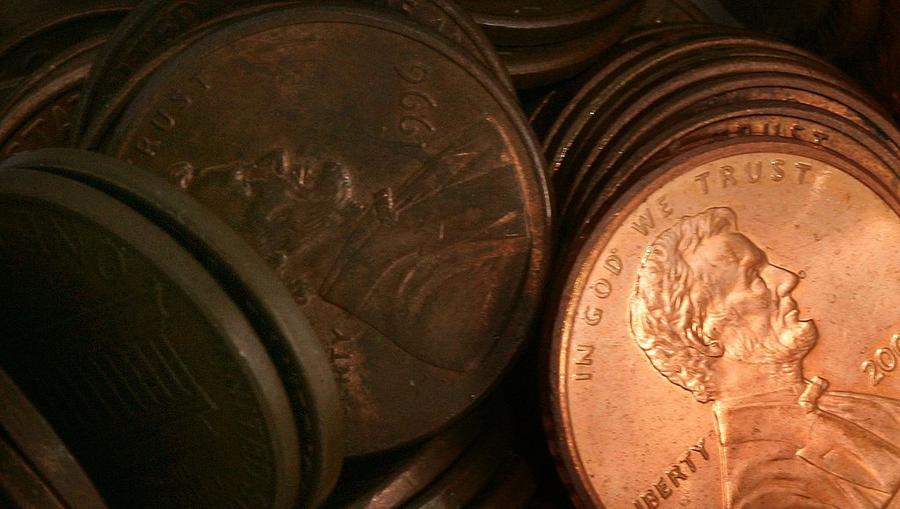One thing economics and quantum physics have in common is that when you boil their incredibly complicated systems and rationales down into simple, plain English, they have a way of seeming completely nonsensical. For a good example of this principle, just take a look at the modest penny – a coin that almost no one in the general public has any use for, and that according to publicly available figures costs almost twice its own value as currency per penny to make.
That means that for every newly minted penny, the United States Mint spends almost two cents on the raw materials and the manufacturing processes that went into making it. That may not seem like too big a deal, but when you consider that the U.S. Mint churns out 4 billion pennies every year, it begins to seem like an area where we could potentially cut some costs without sacrificing too much. And it's not just pennies that aren't throwing their weight around, because all in all the United States is said to spend $168 million on manufacturing and circulating $93 million in currency.

Tim Boyle/Getty Images
The U.S. Mint itself has stated that according to their own findings, "there are no alternative metal compositions that reduce the manufacturing unit cost of the penny below its face value." A law against melting down coins had to be passed in order to prevent the potentially profitable activity from becoming widespread and laying waste to the country's coin-based economy, but there is a sizeable contingent that believes in ditching the penny altogether.
They have a lot of facts on their side, but the opposing side has something arguably more powerful: Tradition and sentimentality. Pennies might be annoying pocket space suckers now, but if they disappeared you might find yourself missing those small, expensive tributes to one of the greatest men to ever hold the office of President of the United States. But critics wonder if plastering his profile on an essentially worthless coin really a fitting tribute to Abraham Lincoln's legacy.
Those same critics also point to nations New Zealand, Canada, and Sweden, where equivalents to the United States penny were phased out with none of the negative effects penny proponents have claimed (like decreased contributions to charity and surges in prices). One thing should all be able to agree on, though, is that we should try to appreciate the penny a little more while it's still here. After all, in the U.S. we're all paying almost two cents for each one.
/2016/10/GettyImages-713834501.jpg)
/2016/01/GettyImages-134436489.jpg)
/2015/03/GettyImages-466413070.jpg)
/2018/04/GettyImages-944116504.jpg)
/2015/04/215.jpg)
/2017/11/GettyImages-52226791-e1511079735605.jpg)
/2020/01/lopez3.jpg)
/2009/11/George-Clooney.jpg)
/2019/11/GettyImages-1094653148.jpg)
/2017/02/GettyImages-528215436.jpg)
/2018/03/GettyImages-821622848.jpg)
:strip_exif()/2009/09/P-Diddy.jpg)
/2020/02/Angelina-Jolie.png)
:strip_exif()/2015/09/GettyImages-476575299.jpg)
/2020/04/Megan-Fox.jpg)
/2020/06/taylor.png)
/2019/10/denzel-washington-1.jpg)
/2009/09/Jennifer-Aniston.jpg)
/2019/04/rr.jpg)
/2009/09/Brad-Pitt.jpg)
/2009/09/Cristiano-Ronaldo.jpg)